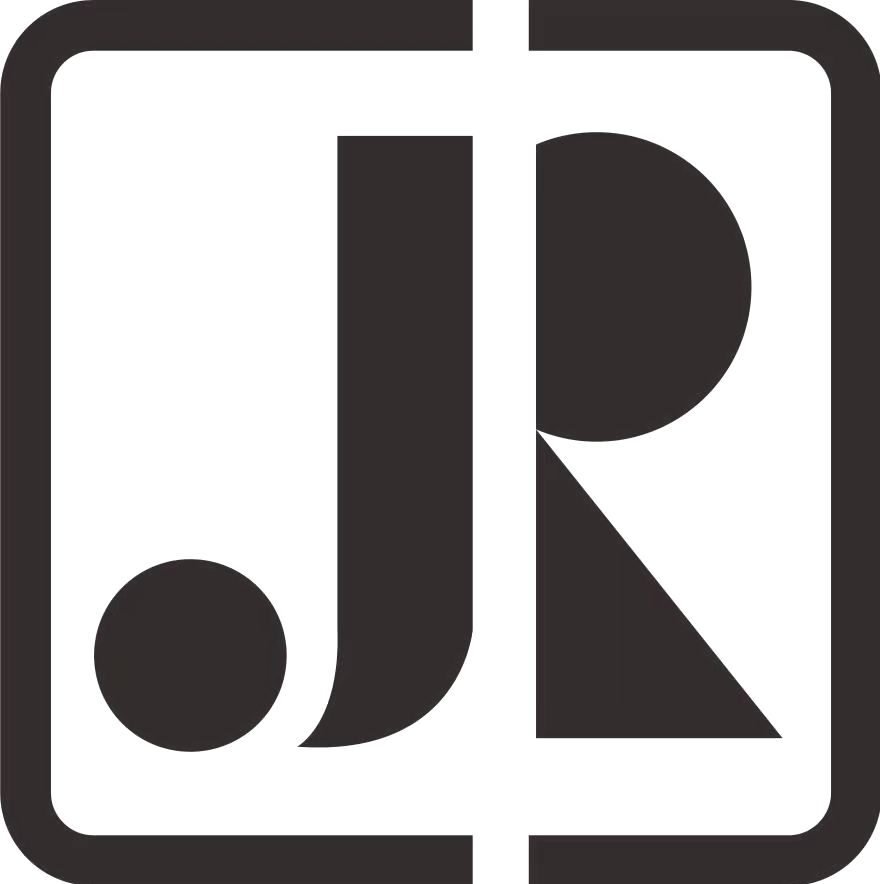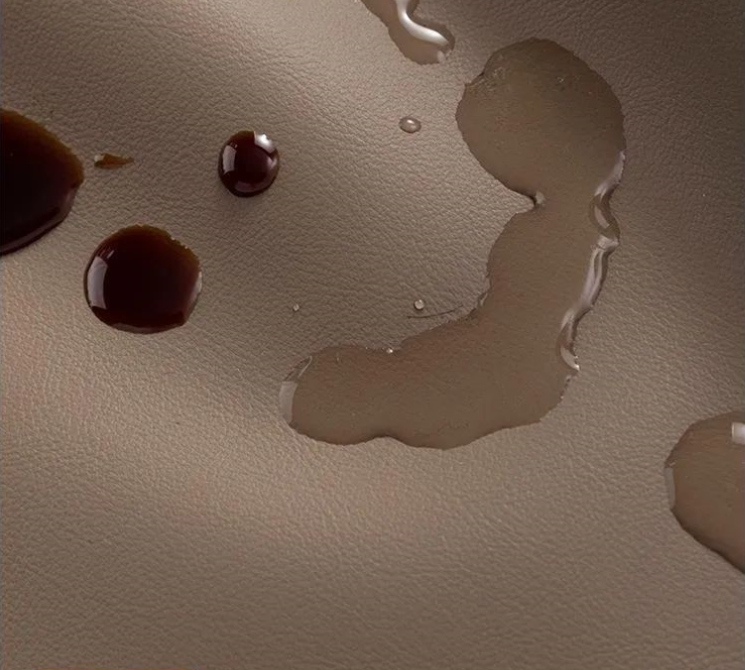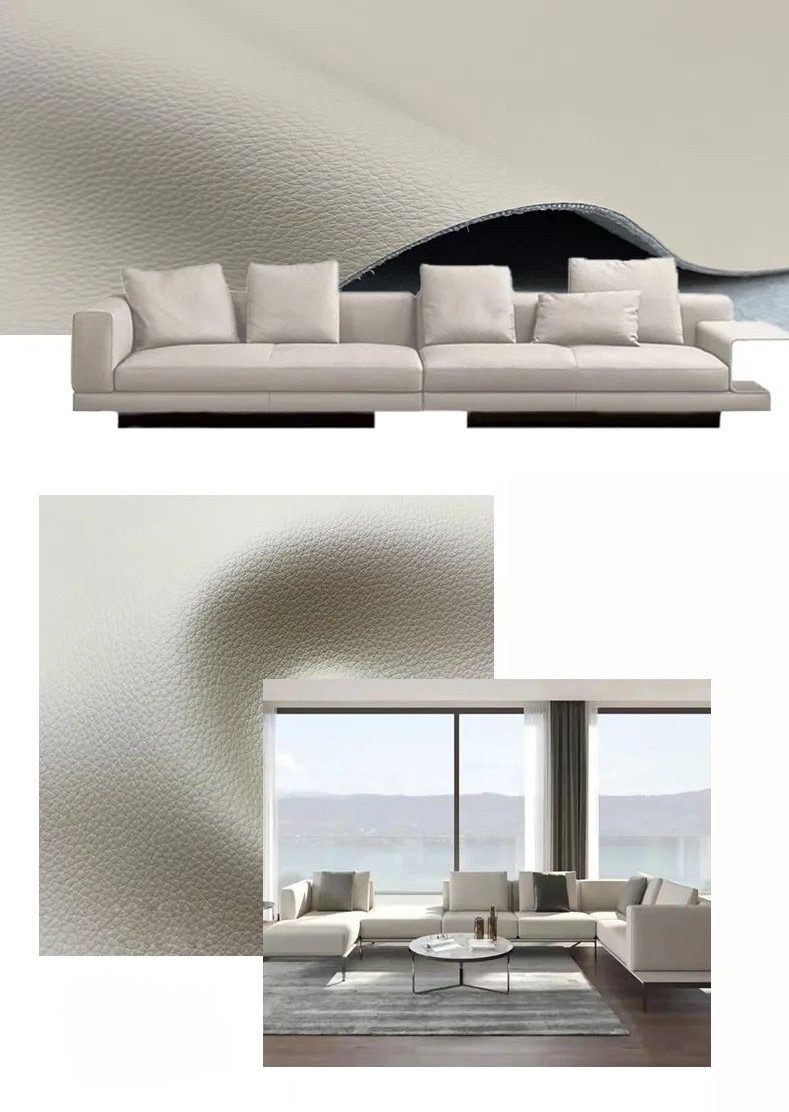The growing demand for sustainable materials has revolutionized industries worldwide, from fashion to furniture to automotive.
As we move toward a more environmentally-conscious future, eco-friendly artificial leather has gained a significant place in the market. But how do you ensure that the synthetic leather you’re using is genuinely sustainable?
The answer lies in certifications. These official marks serve as proof that the materials meet specific environmental, health, and safety standards. Let’s explore the most important certifications for eco-friendly PU leather and why they matter for your project.
1. OEKO-TEX® Standard 100: Safe, Sustainable, and Tested
When choosing PVC leather for your project, one of the most important certifications to look for is OEKO-TEX® Standard 100.
This globally recognized label ensures that the material has been tested for harmful substances and is free from chemicals that could pose a risk to human health.
What it Means for Synthetic Leather:
Materials with the OEKO-TEX® Standard 100 certification have undergone rigorous testing to ensure they meet strict requirements for safety, such as:
- No harmful chemicals: Materials are tested for harmful substances like heavy metals, phthalates, and formaldehyde.
- Skin compatibility: The leather is safe for use in direct contact with the skin, making it ideal for furniture, clothing, and accessories.
- Eco-friendly production: The certification also considers the environmental impact of the manufacturing process.
Choosing OEKO-TEX® certified microfiber leather means you’re opting for a safer, healthier, and more sustainable material that has been thoroughly tested.
2. Global Recycled Standard (GRS): Recycled Content Matters ♻️
In today’s world, recycling is no longer optional—it’s a necessity. PU leather that carries the Global Recycled Standard (GRS) label ensures that the material is made from recycled content and adheres to stringent environmental criteria throughout its production.
What it Means for Synthetic Leather:
The GRS certification focuses on the use of recycled materials in the production of artificial leather, verifying:
- Recycled Content: The material is made from at least 20% recycled content (depending on the certification level), whether it’s from post-consumer or post-industrial waste.
- Environmental Impact: The production process must minimize environmental harm by reducing water consumption, waste, and harmful emissions.
- Traceability: The entire production chain is transparent, ensuring that the recycled content is properly sourced and that the final product is truly eco-friendly.
If you’re prioritizing recycled materials in your projects, synthetic leather with the GRS certification is a solid choice.
Not only does it help close the loop on waste, but it also makes a significant impact in reducing the need for virgin resources.
3. Global Organic Textile Standard (GOTS): For Truly Eco-Conscious Materials
If you’re looking for PVC leather made from organic materials, the Global Organic Textile Standard (GOTS) certification is the gold standard.
While GOTS is typically associated with textiles, it is increasingly applied to eco-friendly synthetic materials, including bio-based artificial leather.
What it Means for Synthetic Leather:
PU leather materials with GOTS certification come from sustainably sourced organic materials, which include:
- Organic fibers: The materials used in synthetic leather may come from organic cotton, hemp, or other renewable plant-based resources, ensuring minimal use of pesticides and fertilizers.
- Eco-friendly dyes and chemicals: GOTS-certified PVC leather is dyed and treated using environmentally friendly, non-toxic substances that have minimal impact on both the environment and human health.
- Fair Labor Practices: Beyond just environmental standards, GOTS also ensures that the manufacturing process follows strict social criteria, including fair wages and safe working conditions.
For businesses committed to sustainability at every step, from sourcing materials to the final product, choosing GOTS-certified microfiber leather ensures your project aligns with the highest standards of environmental and social responsibility.
4. Fair Trade Certification: Ethical and Sustainable Practices
Sustainability isn’t just about materials—it’s also about how products are made. Fair Trade Certification ensures that the synthetic leather is produced under ethical conditions, respecting both people and the planet.
What it Means for Faux Leather:
PU leather that carries the Fair Trade certification has been produced following strict guidelines that ensure:
- Fair wages: Workers receive a fair wage for their work, helping to improve their quality of life and support their families.
- Safe working conditions: The manufacturing process follows international labor laws, ensuring a safe environment for workers.
- Environmental practices: Fair Trade certification encourages the use of sustainable resources and eco-friendly production techniques.
If you want to ensure that your silicone leather product is not only environmentally sustainable but also socially responsible, look for the Fair Trade logo.
It’s a great way to support ethical manufacturing practices while still meeting your design and sustainability goals.
5. ISO 14001: Environmental Management Standards
For companies looking to make a broader commitment to sustainability, ISO 14001 is a comprehensive certification that focuses on environmental management practices across an organization, including the production of materials like PVC leather.
What it Means for Synthetic Leather:
Silicone leather producers with ISO 14001 certification have implemented a robust environmental management system that focuses on:
- Waste reduction: The company actively works to reduce waste, energy consumption, and water use during production.
- Pollution prevention: ISO 14001 ensures that production practices minimize air and water pollution, making the final product more eco-friendly.
- Continuous improvement: Companies with this certification must continually evaluate and improve their environmental impact, ensuring ongoing sustainability.
When you choose ISO 14001-certified artificial leather, you’re supporting companies that prioritize sustainability across every aspect of their operations, from sourcing materials to reducing their overall environmental footprint.
6. The Importance of Certifications in Sustainable Faux Leather
Why are these certifications so crucial for synthetic leather? Because they provide clarity and accountability in an industry that can often seem overwhelming, with so many competing “eco-friendly” claims.
- Trust & Transparency: Certifications provide transparency in a market where marketing buzzwords can sometimes cloud the true sustainability of a product. By choosing artificial leather with verified certifications, you can be confident in your materials’ environmental and ethical integrity.
- Quality Assurance: These certifications not only guarantee that the material is sustainable, but they also ensure it meets specific performance standards. This means you’re not compromising on quality when you choose eco-friendly options.
- Consumer Demand: Consumers today are more eco-conscious than ever before, and they want to know that the products they purchase are made with sustainability in mind. Certifications make it easier to meet this demand while maintaining brand integrity.
Final Thoughts
The journey toward a sustainable future requires conscious choices—and that includes the materials used in our projects. Whether you’re working on a hotel development, creating upholstery, or designing fashion accessories, choosing PU leather with the right certifications ensures that your products meet the highest standards of both environmental and ethical responsibility.
So, the next time you’re selecting materials for your project, look for those certifications that stand for sustainability, quality, and ethical practices. It’s not just a trend—it’s a commitment to making a positive impact on the planet and its people.
#SustainableDesign #EcoFriendly #ArtificialLeather #GreenBuilding #SustainableFashion #FairTrade #RecycledMaterials #EnvironmentalImpact #OEKO-TEX #GlobalRecycledStandard #ISO14001 #SustainableLiving








